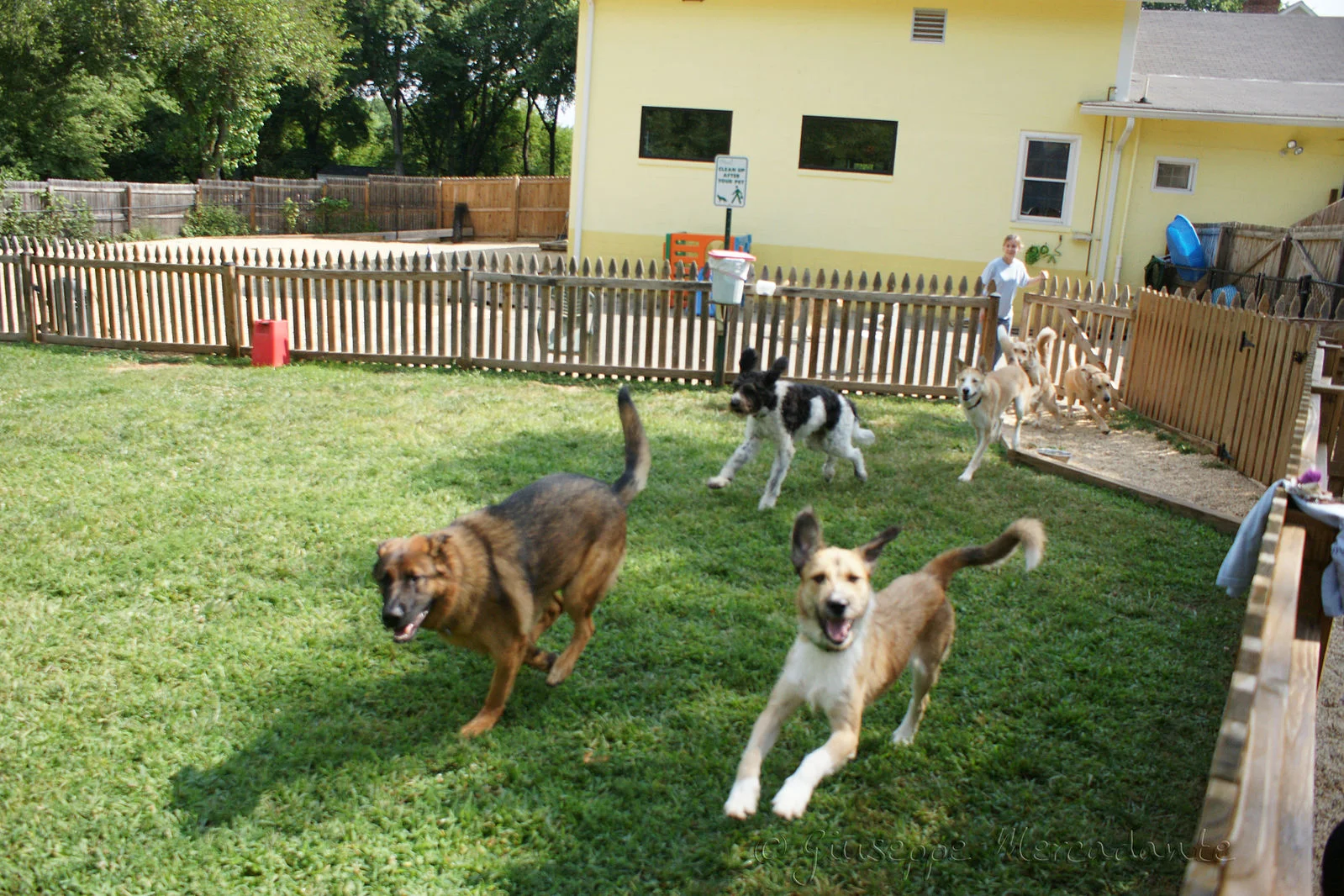Am I Ready to Adopt a Pet - Part II
Three weeks ago, we took the first step along the enlightened path of pet adoption by asking the question, “Why do I want a pet?”
After careful scrutiny of our reasons, some us determined that we were drawn to pet ownership by external forces that would not benefit a pet in the long run. With perhaps a certain degree of sadness, we tabled the idea of becoming a pet parent - for now. Others among us unearthed sound motivations for bringing a pet into our home.
What now? The second in our series of questions to ask is:
What is my life circumstance and what are my plans?
Unless we’re content to bond with our beta through the lens of a fishbowl, being a pet parent can be an expensive endeavor. Between healthy food, toys, training, boarding/travel costs, de-worming medications, regular check-ups and unexpected surgeries, caring for four-legged family members can run up to four figures each year for the life of our pet. And costs rise as pets age and require more intensive care. Some expenses can be mitigated by pet insurance.
Of course, we’d like to think that we’d foot the bill without batting an eye. But could we? Responsibly?
Unfortunately for our companion animals, some of us learn the hard way that we don’t have sufficient material resources to adequately care for our pet after tending to our own needs and those of other family members. Living beyond our means can result in the horrible - and completely avoidable - act of pet surrender.
Some of us may begin the pet-parenting journey in the black only to find a pink slip on our desks months later. In this event, it is helpful to remember that there are agencies willing and able to care for our pets while we get on our feet again. Others can provide us with food and other basic necessities so that we can keep our pet at home.
“Adequate resources” is subjective, but some honest number-crunching can reveal the truth. None of us should be ashamed of where we are financially, but no animal deserves to be the victim of our short-sightedness.
For those of us for whom money is no issue, time may be. Financial “success” is often accompanied by long work hours and seemingly relentless travel which translates into time away from home - and our pet. If we are our pet’s sole caregiver, we are in danger of becoming the absent parent; our home becomes little more than a stagnant backwater along the river of life where love can’t freely flow.
Pets need our time, attention and our presence to survive and to thrive. In the end, they don’t care whether they dwell in the hills of Bel Air or the flats of Van Nuys; what they really want - and need - is us.
Speaking of home, do we own or rent? Are we planning to move? While some landlords are opening their hearts - and rental units - to pets, others are holding firm to their “no pets” policy. Certain landlords, condo associations and gated communities practice breed discrimination or restrict the type and number of pets a family can have. It is incumbent upon us to read the fine print to ensure that no furry family member gets kicked to the curb.
Is there a new job on the horizon or are we planning to have children? Our companion animals sense change and uncertainty and may begin to act in uncharacteristic ways. Companion animals will display a natural curiosity about infants and may be especially attracted to their scents. We should not read into this their desire to eat our young, though close supervision is always advised. Given time and reassurance, pets will come to understand that baby is not replacing them.
After the trauma of being relinquished by their human families, adopted animals need a pet parent that can feed, house, play with and tend to their medical needs. The last thing they deserve is to be returned to a shelter because we failed to take stock of our lives - or determined that it is no longer “convenient” to keep them.

